On July 21, 1954, the Geneva Agreement on the cessation of hostilities in Vietnam was signed in Geneva (Switzerland), becoming an important historical milestone in the cause of national liberation and reunification.
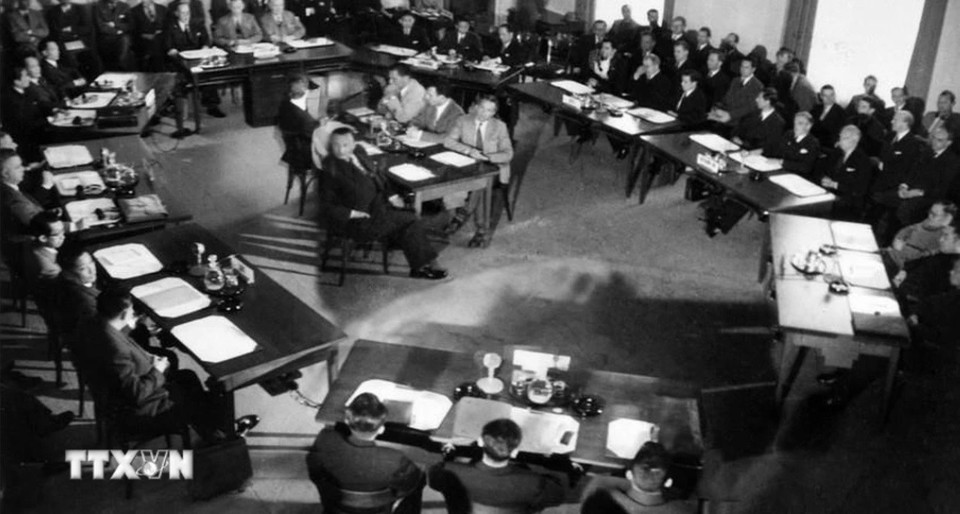
After nearly 7 decades, the brilliant meanings and lessons from the Geneva Conference with its historic agreement remain, especially regarding the close connection between power and position in diplomatic activities. As President Ho Chi Minh once said: “We must rely on real strength. With strong real strength, diplomacy will be victorious. Real strength is the gong and diplomacy is the sound. The bigger the gong, the louder the sound.”
The results of the fierce struggle
Regarding this historic event, Foreign Minister Bui Thanh Son emphasized that the 1954 Geneva Conference was a multilateral forum with the participation and direct negotiations of major countries, which Vietnam participated in for the first time.
"In this first participation, Vietnamese diplomacy has affirmed the spirit, mettle, and intelligence of a nation with thousands of years of civilization; with an indomitable will to protect independence; imbued with the quintessence of national culture and the ideology, style, and art of Ho Chi Minh's diplomacy," said Minister Bui Thanh Son.
In the history of building and defending the nation, our ancestors always skillfully combined "fighting" and "negotiating", between gaining strategic victories on the battlefield and diplomatic solutions to protect independence and restore peace.
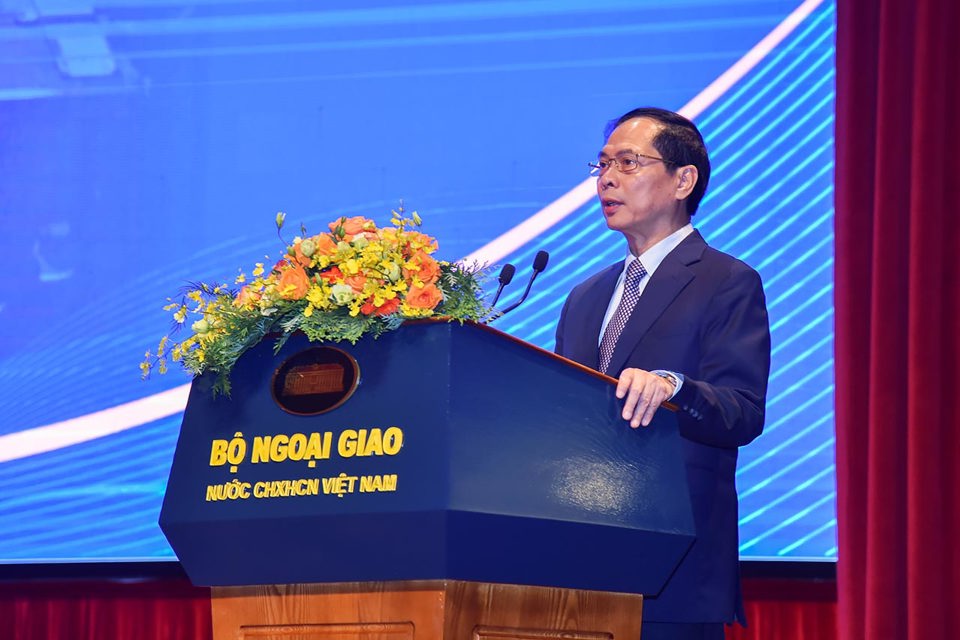
The Foreign Minister affirmed that the Dien Bien Phu campaign and the Geneva Conference were such a typical and exemplary combination. The close coordination between the diplomatic front and the political and military front, under the skillful leadership and direction of the Party and President Ho Chi Minh, transformed victories on the battlefield into political, legal and foreign affairs victories.
According to Lao Deputy Minister of Information, Culture and Tourism Phosi Keomanivong, the Agreement is the result of the Vietnamese people's indomitable struggle under the leadership of the Communist Party of Vietnam during the long resistance war against colonialism, culminating in the Dien Bien Phu Victory "resounding throughout the five continents, shaking the world".
Along with this victory, the Geneva Agreement became a source of inspiration for the people of oppressed countries to rise up and fight for national liberation, opening the period of collapse of imperialism around the world. This was also the result of the correct leadership, the resistance policy, the foreign policy under the talented leadership of the Communist Party of Vietnam and President Ho Chi Minh. This was the treaty that forced the colonialists to surrender and end the war in Vietnam-Laos-Cambodia. He emphasized that the signing of the Geneva Agreement was not only a historical milestone for Vietnam but also had epochal significance because it was a comprehensive victory for the three Indochinese countries and peace-loving people around the world.
"After the war against old-style colonialism in Indochina ended, Vietnam-Laos-Cambodia continued to carry out revolutionary struggles against new-style colonialism with more modern weapons," Deputy Minister Phosi Keomanivong emphasized.
The national salvation struggle during this period was also fierce but still shone with the spirit of great sacrifice of the army and people of Vietnam as well as Laos and Cambodia under the leadership of the Communist Party of Vietnam led by President Ho Chi Minh, the Lao People's Revolutionary Party led by President Kaysone Phomvihane along with the leaders of the Lao Itxala Front and in Cambodia, the Cambodian People's Revolutionary Party. This success was the inheritance of the traditions in the Dien Bien Phu victory and the Geneva Agreement, helping the anti-colonial struggle movement to continue to win and liberate the country.
Meaning and lessons remain forever
According to Prof. Dr. Nguyen Xuan Thang, Politburo member, Director of the Ho Chi Minh National Academy of Politics, Chairman of the Central Theoretical Council, the valuable lessons from the Geneva Agreement vividly reflected the principles, mottos, art, maturity and great contributions of Vietnamese diplomacy to the revolutionary cause of the Party and the nation; affirming that the Agreement was the pinnacle of victory of Vietnamese revolutionary diplomacy in the resistance war against the French colonialists.
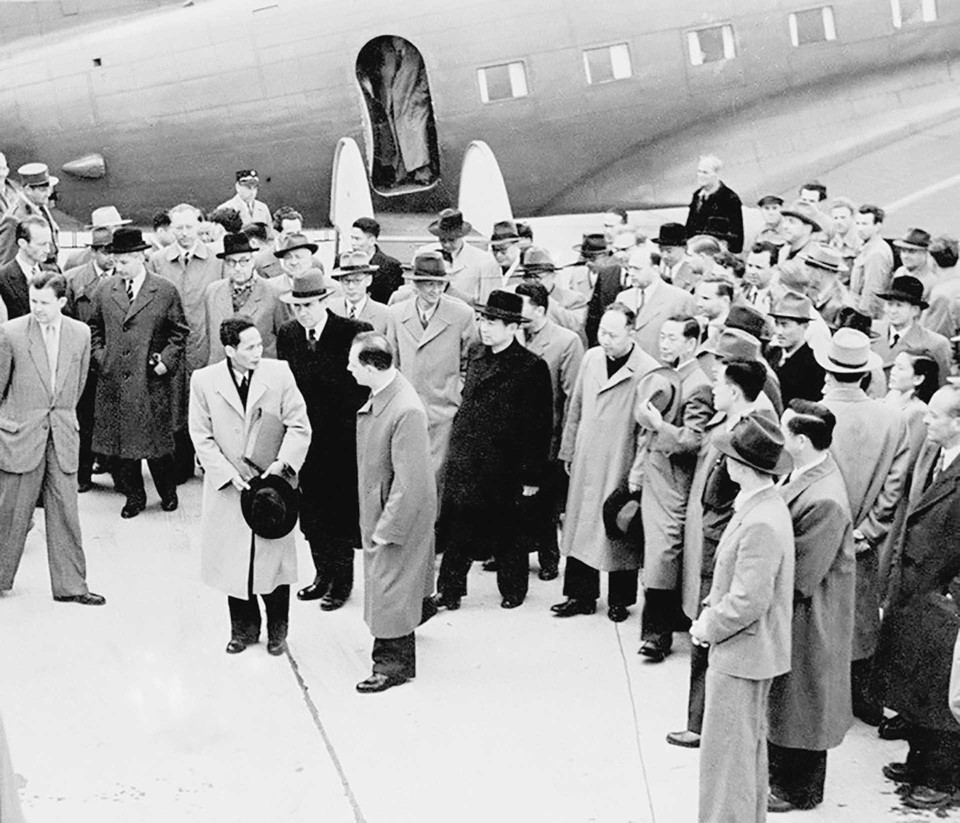
Mr. Nguyen Xuan Thang pointed out five lessons: Maintaining and strengthening the leadership of the Party; Promoting the combined strength, closely combining the political, military and diplomatic fronts; Maintaining independence and autonomy; ensuring national and ethnic interests above all and first; Thoroughly grasping the motto "with the unchanging, responding to all changes"; Promoting the strength of the people and the great national unity bloc, raising high the flag of justice, combining national strength with the strength of the times.
Observers commented that the Agreement marked the remarkable maturity of Vietnam's young revolutionary diplomacy; officially restored peace in Indochina; recognized the independence and basic national rights such as sovereignty, independence, unity, and territorial integrity of the three countries of Vietnam, Laos, and Cambodia. As the first colony in Southeast Asia to defeat imperialism and regain independence and freedom for its people, Vietnam's victorious struggle was also a source of great spiritual encouragement for many Asian, African, and Latin American colonies in the national liberation movement around the world.
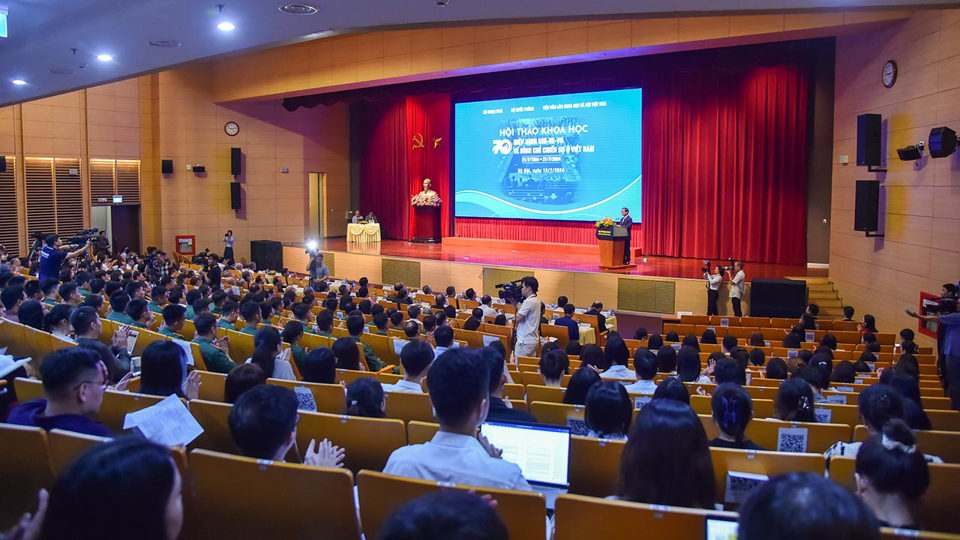
In summary, the lessons of the Geneva Agreement in planning and implementing the foreign policy of the Party and State are to maintain independence and autonomy to avoid unfavorable compromises; to always put national and ethnic interests above all, to respond to changes with unchangeableness; to combine national strength with the strength of the times to gain and mobilize sympathy and support from the peace-loving and democratic movement around the world; to focus on enhancing potential and endogenous strength, consolidating the great national unity bloc; to regularly maintain and strengthen the Party's leadership, to coordinate smoothly all foreign affairs fields, between Party foreign affairs, State diplomacy and people's diplomacy, between diplomacy and the military to create a comprehensive strength to serve the cause of national construction and defense; to train a contingent of foreign affairs cadres, especially in negotiation skills and behavior in international situations; To foster in the youth and young generations of Vietnam a passionate patriotism, a steadfast belief in the Party's ideals, a spirit of initiative, dedication, and not being afraid of hardship, and a willingness to contribute to the Fatherland.
Source: https://kinhtedothi.vn/70-nam-hiep-dinh-geneva-nhin-lai-chien-thang-ban-linh-giua-danh-va-dam.html



![[Photo] Vietnam shines at Paris International Fair 2025 with cultural and culinary colors](https://vstatic.vietnam.vn/vietnam/resource/IMAGE/2025/5/4/74b16c2a197a42eb97597414009d4eb8)
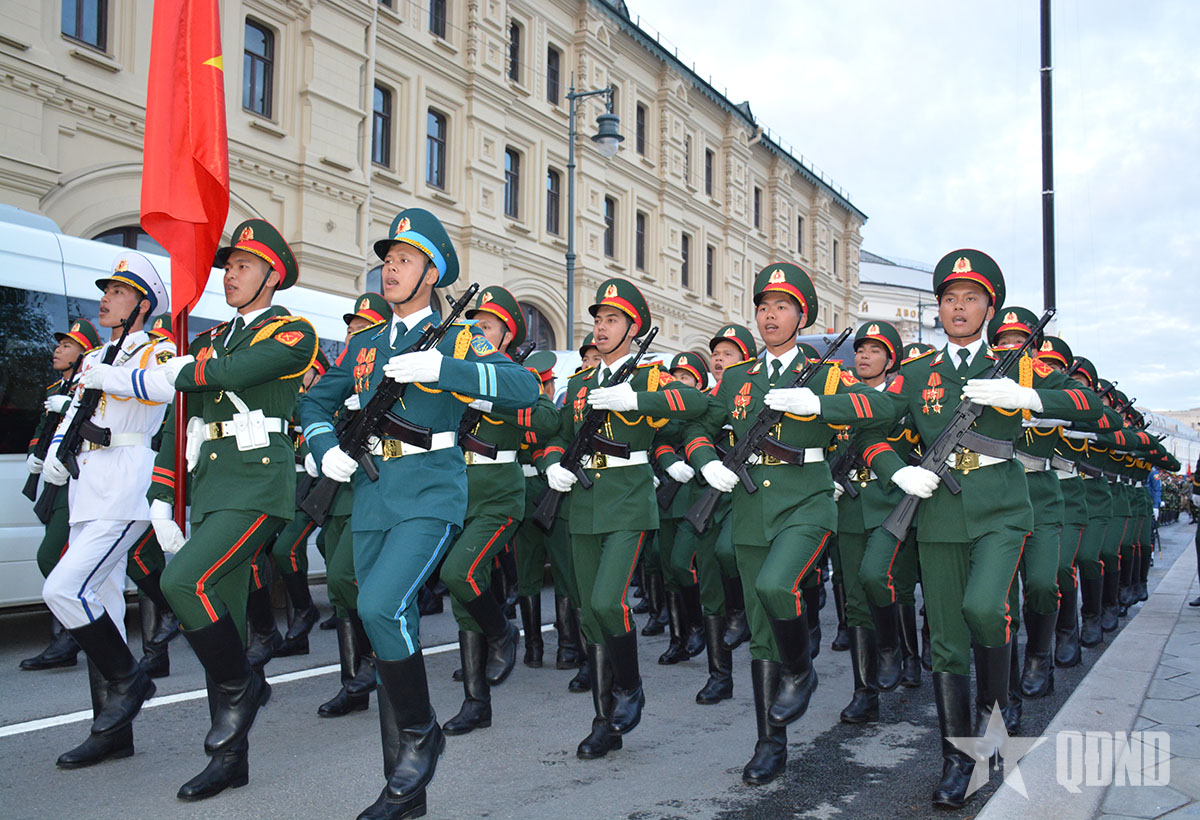
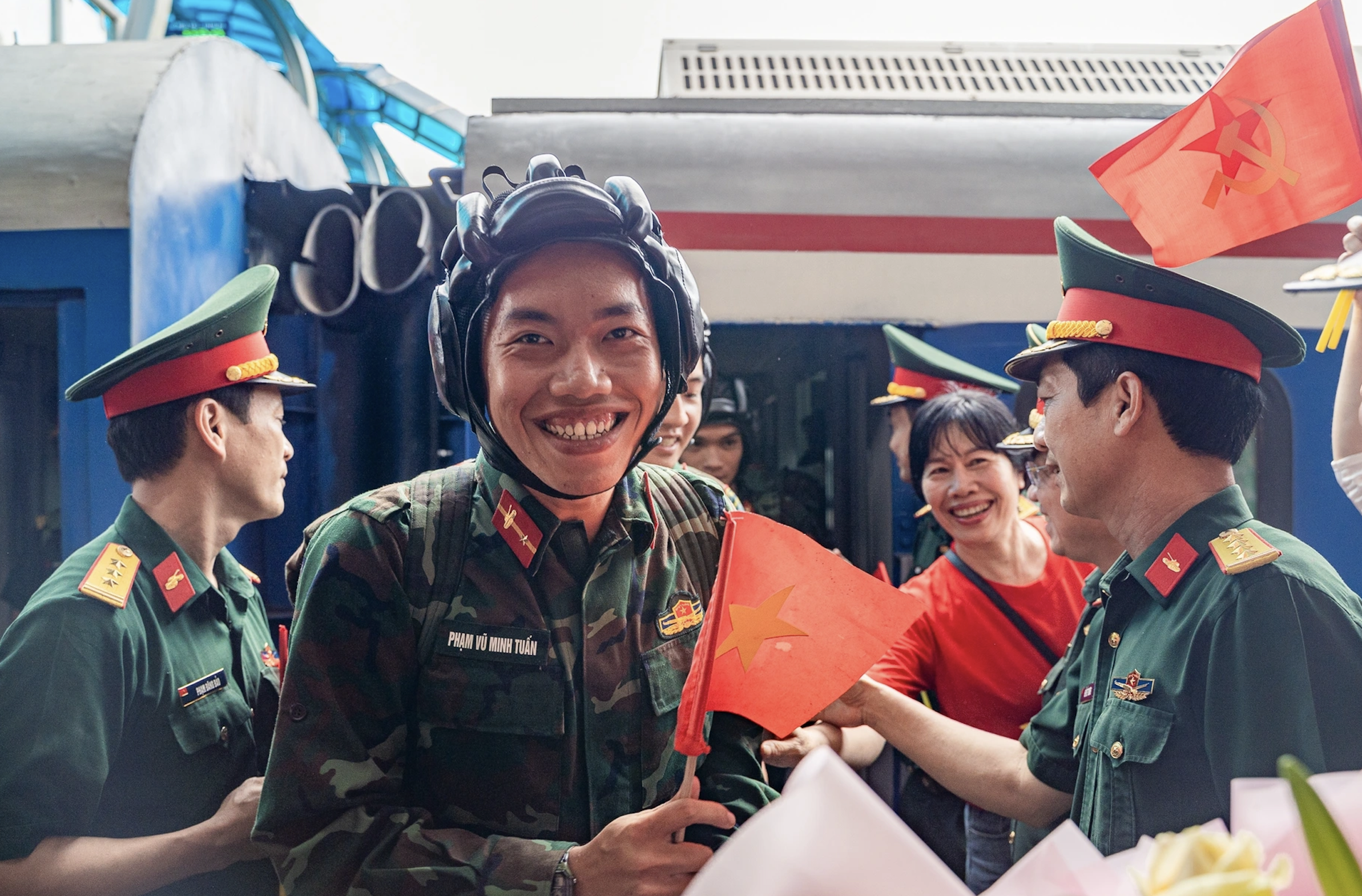
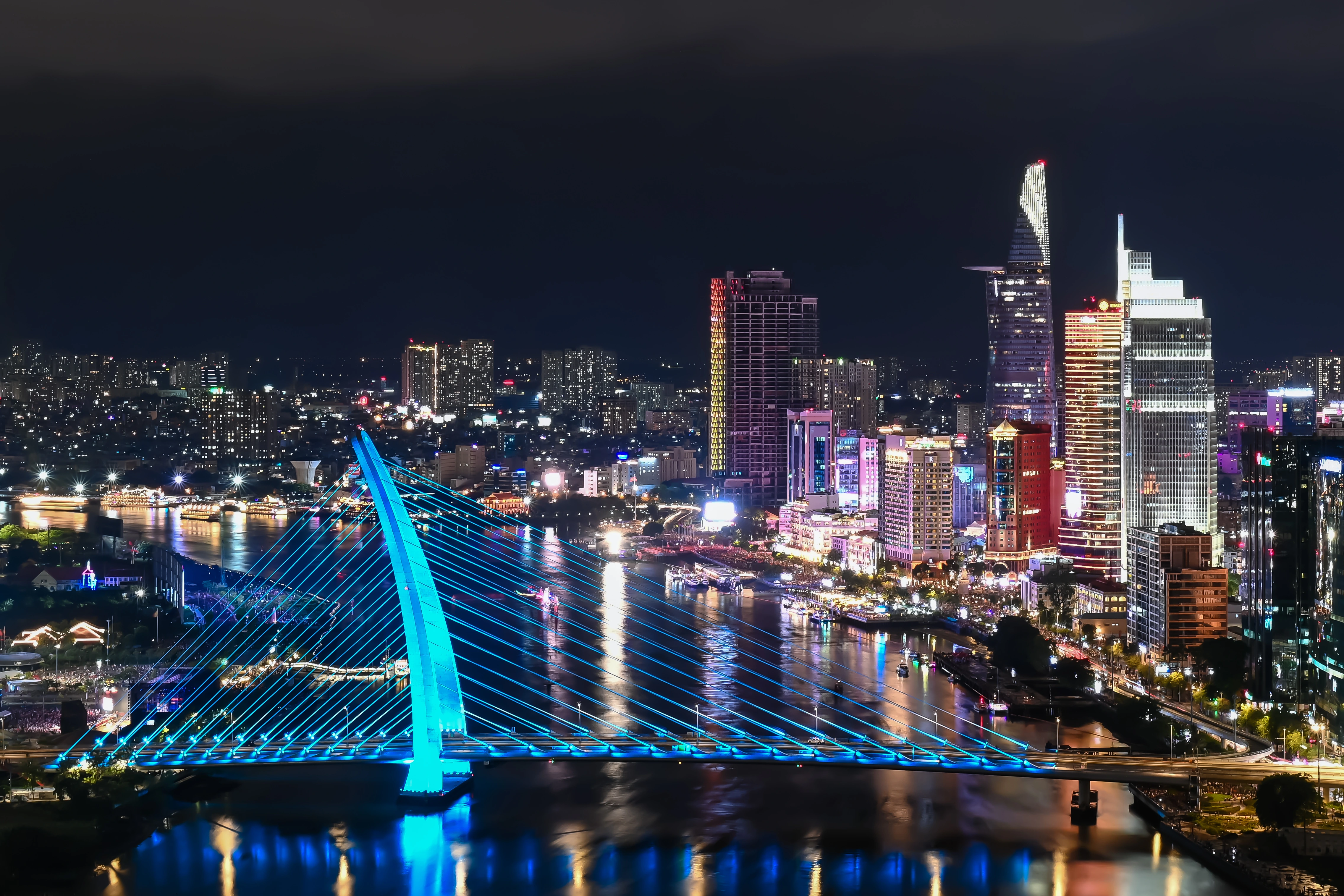

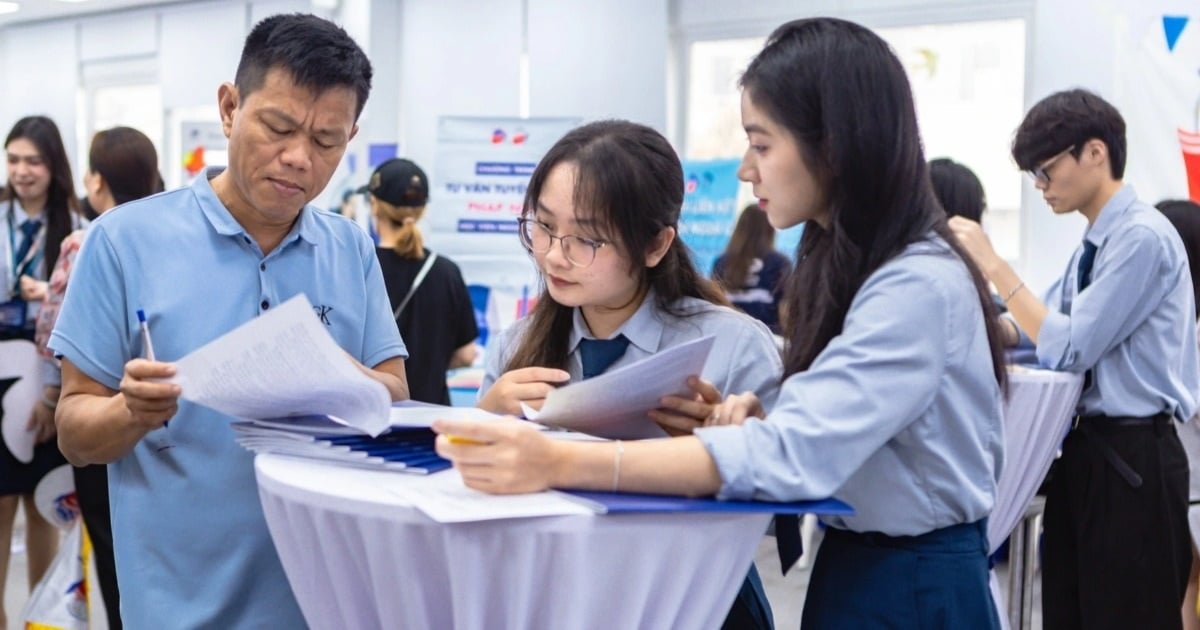

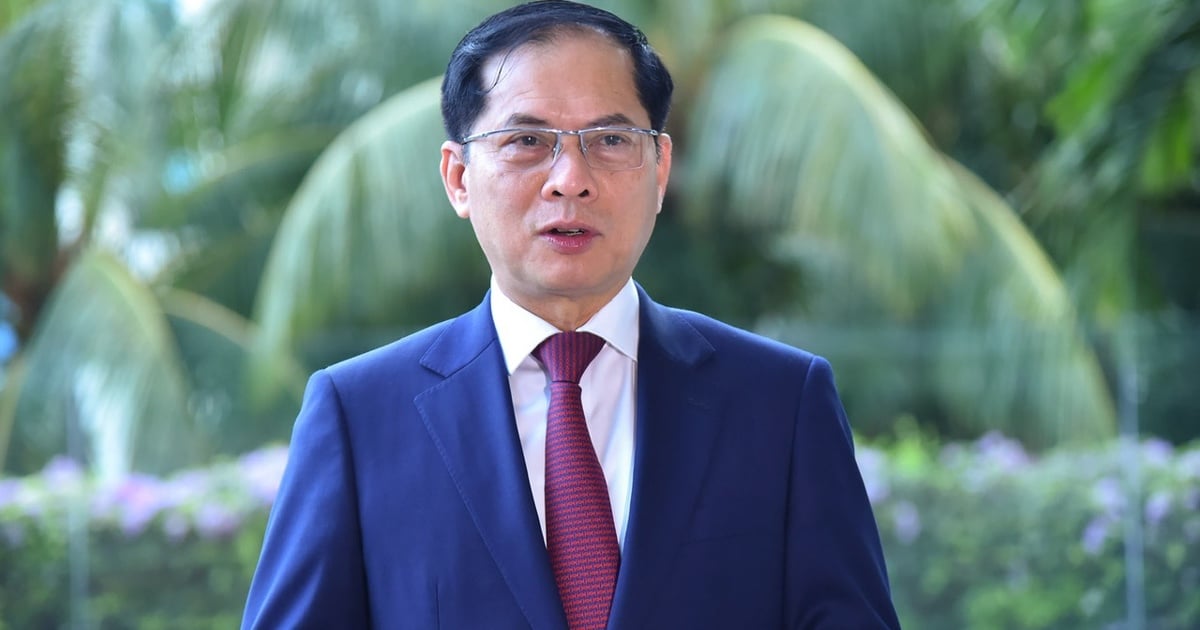

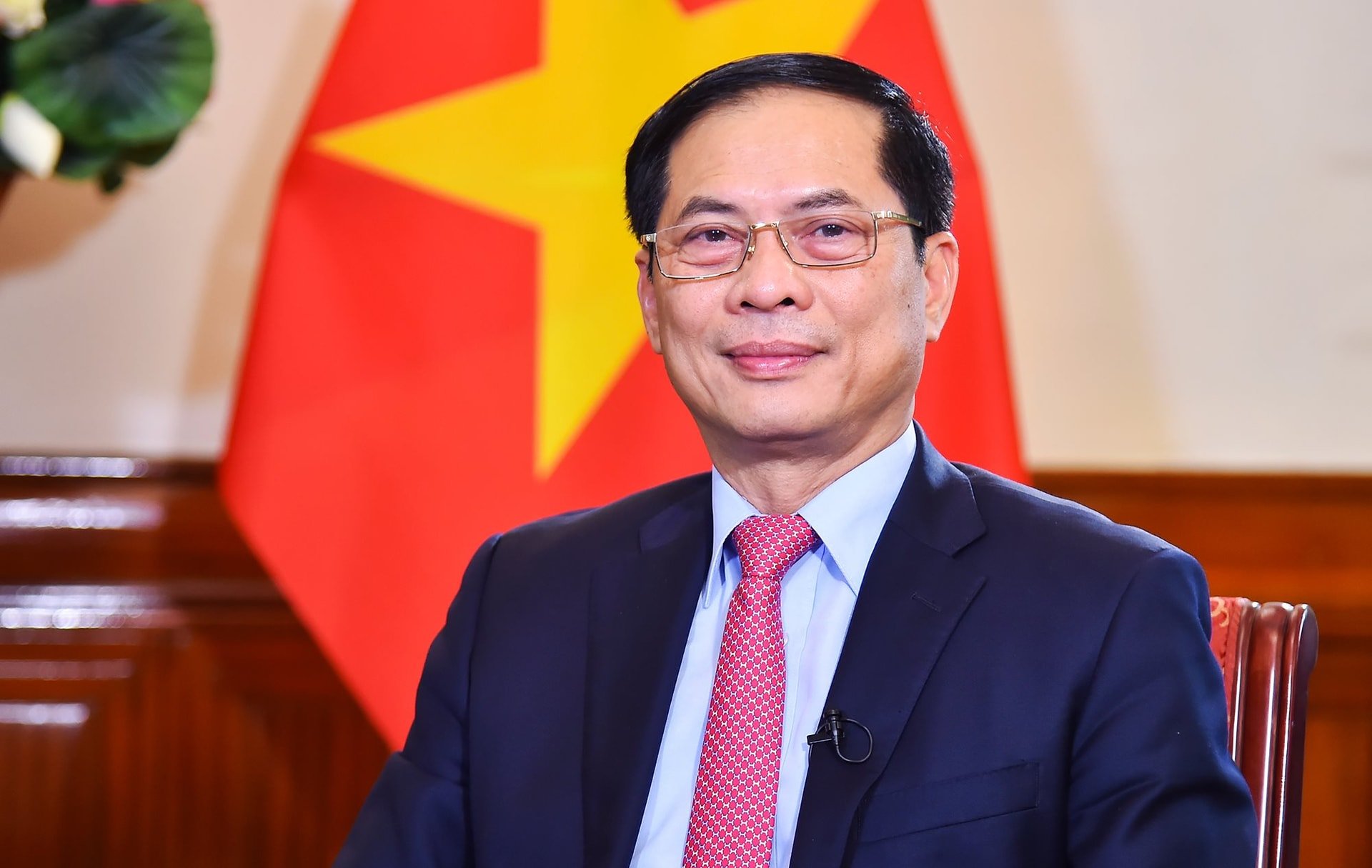

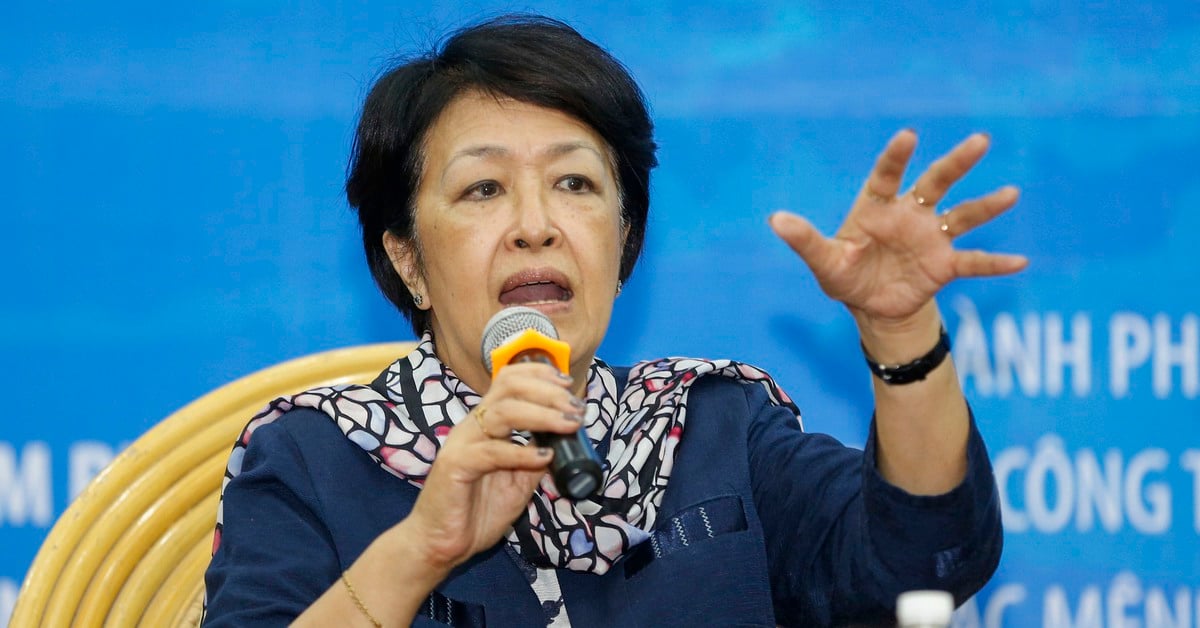



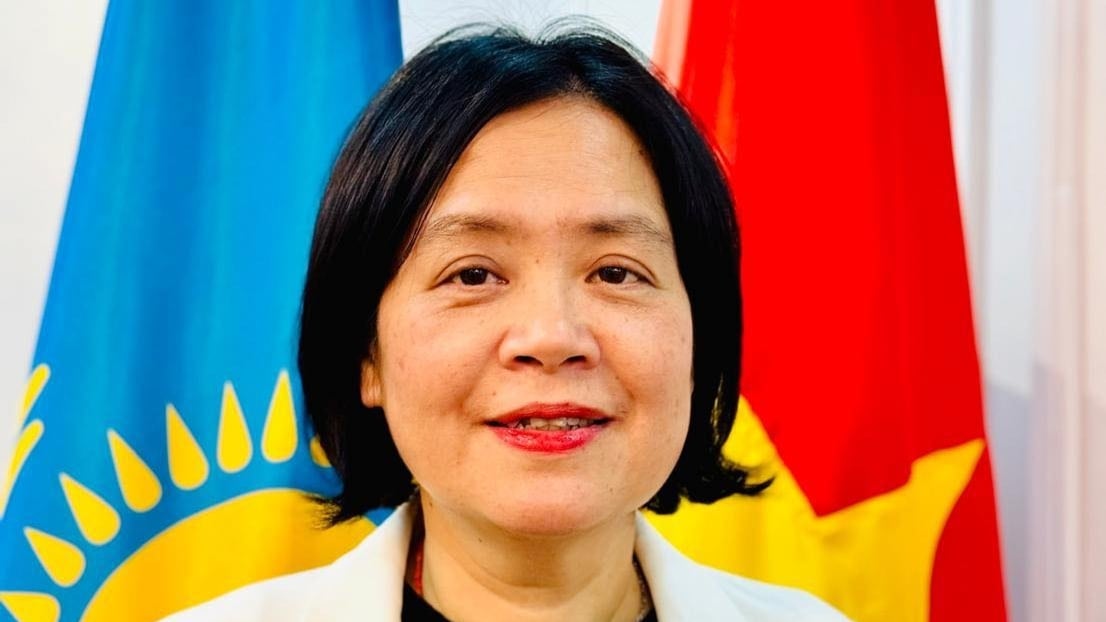
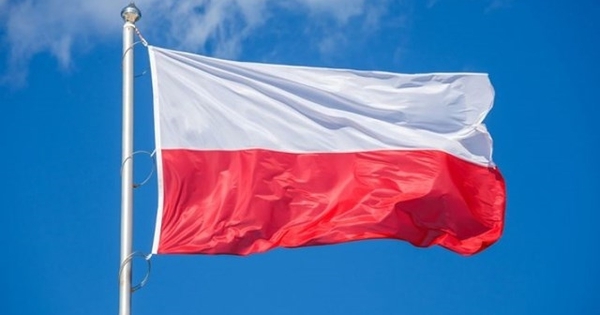
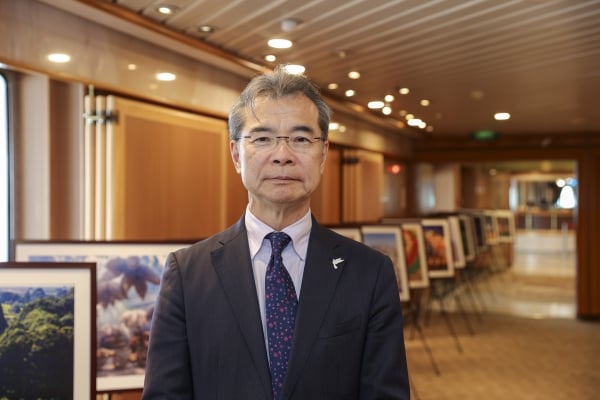
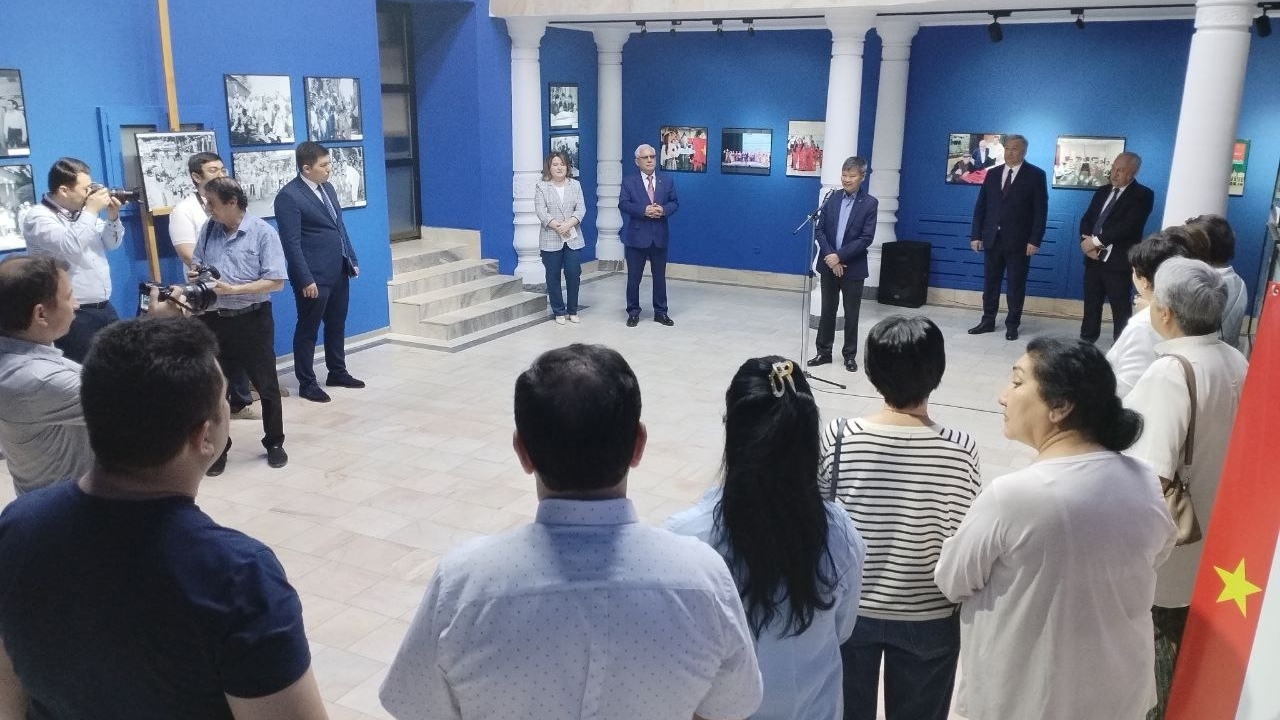
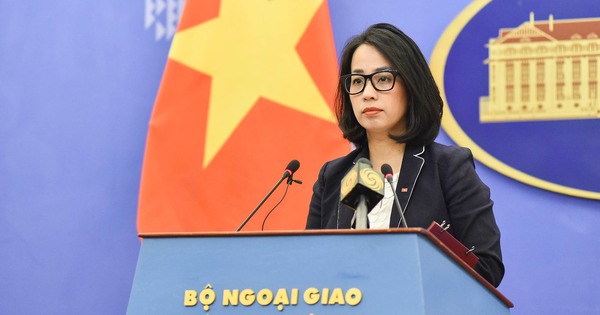
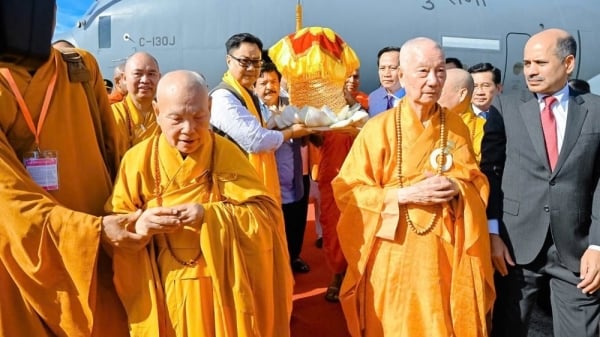




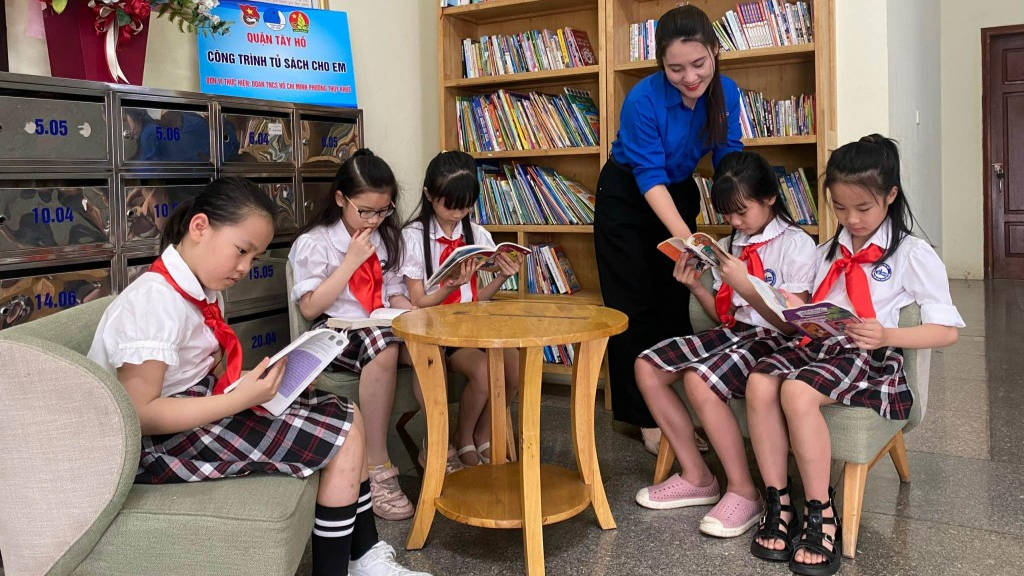

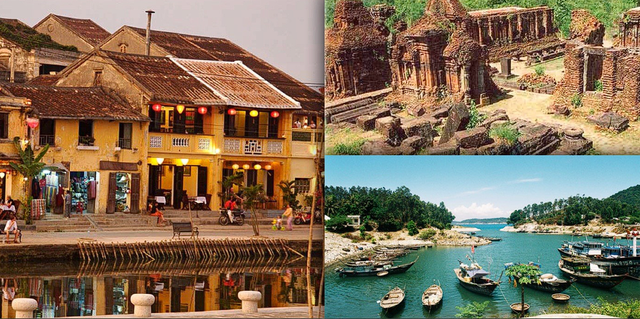
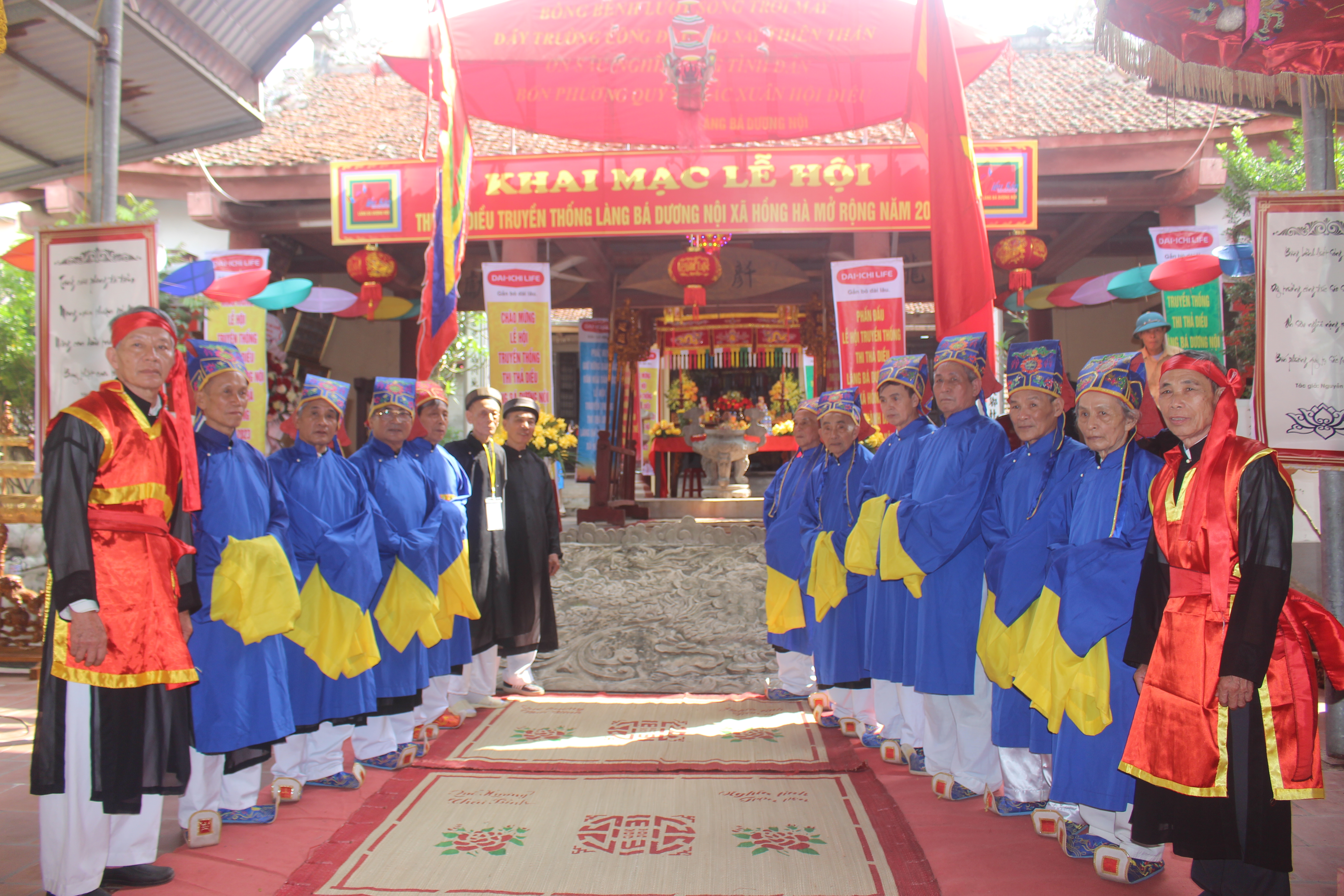


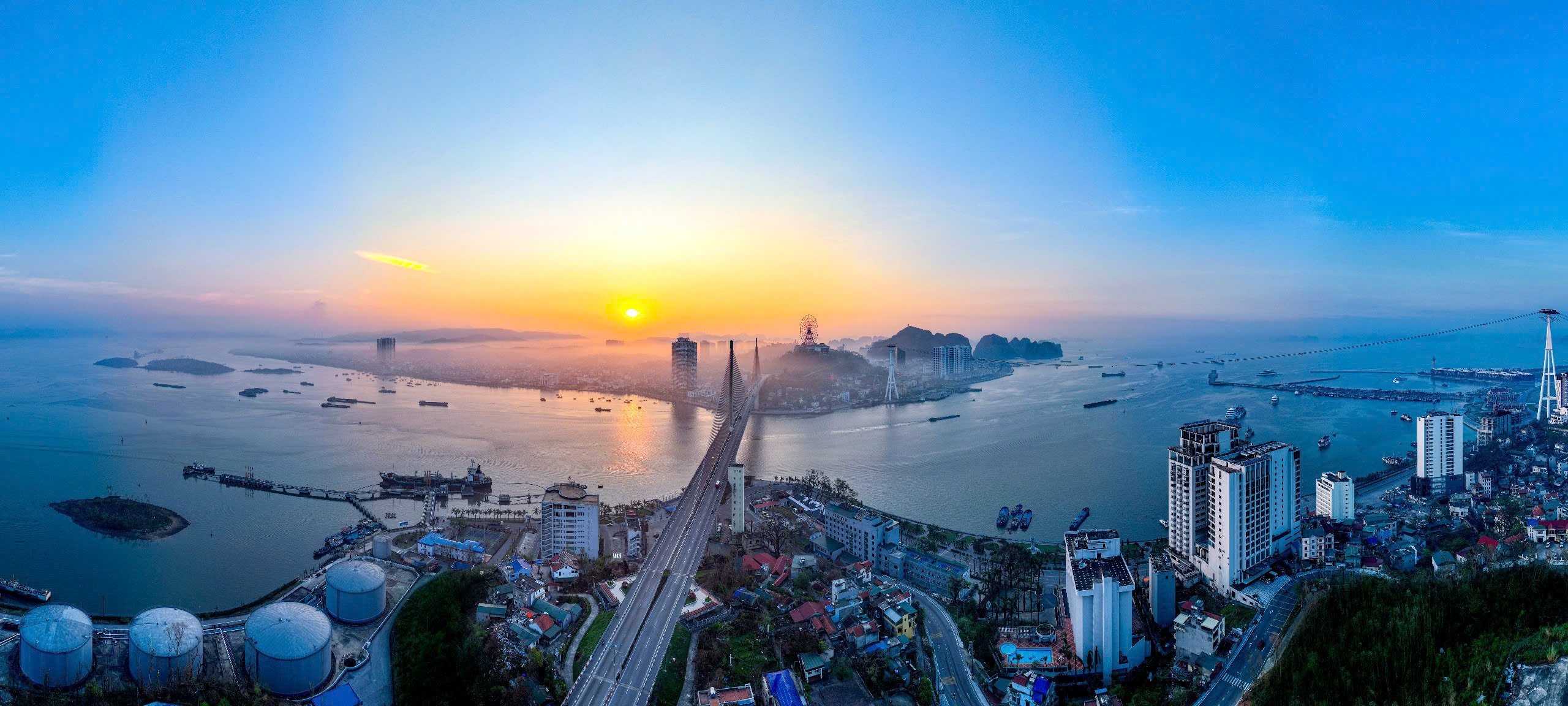
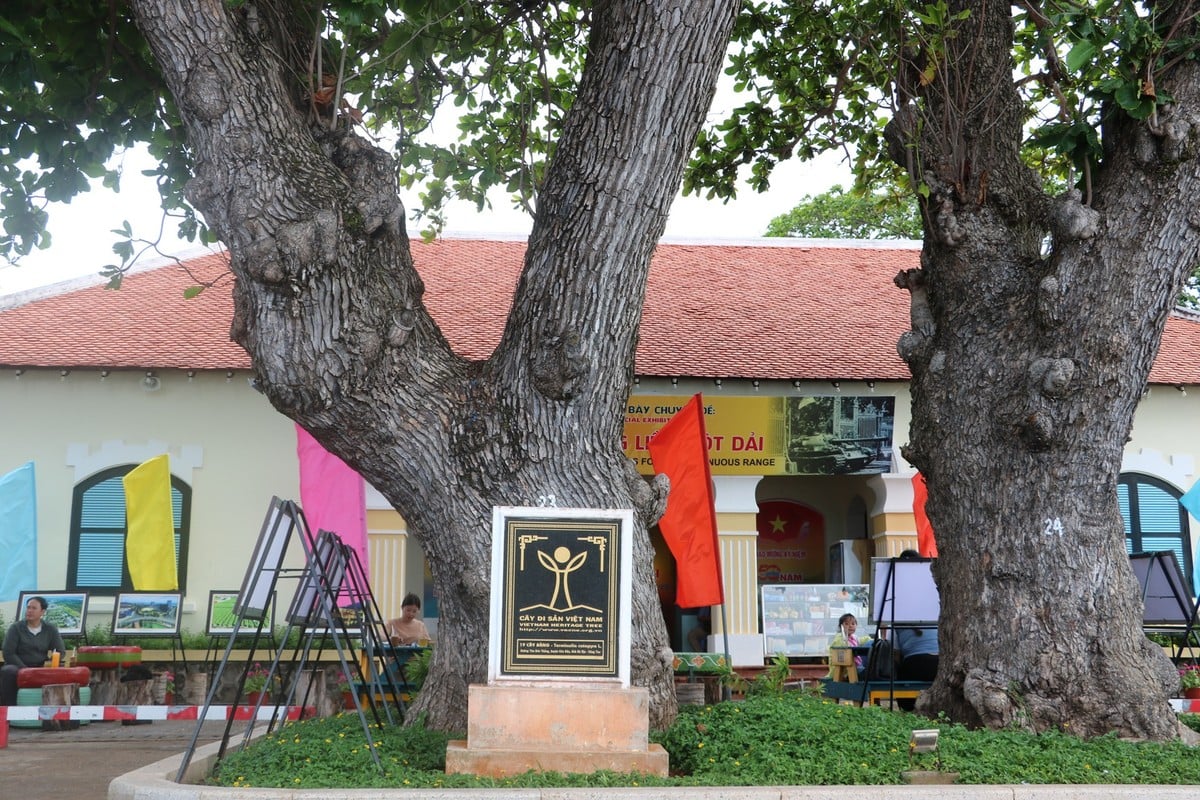



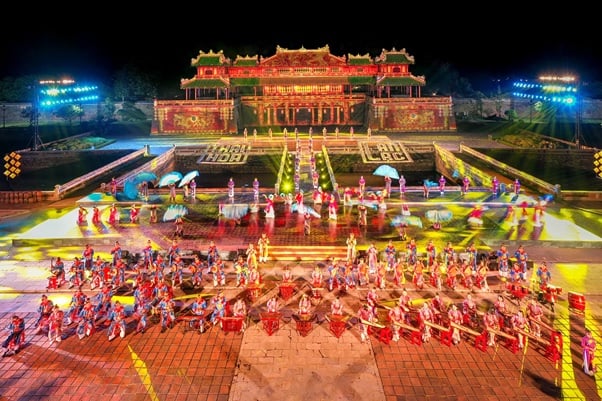


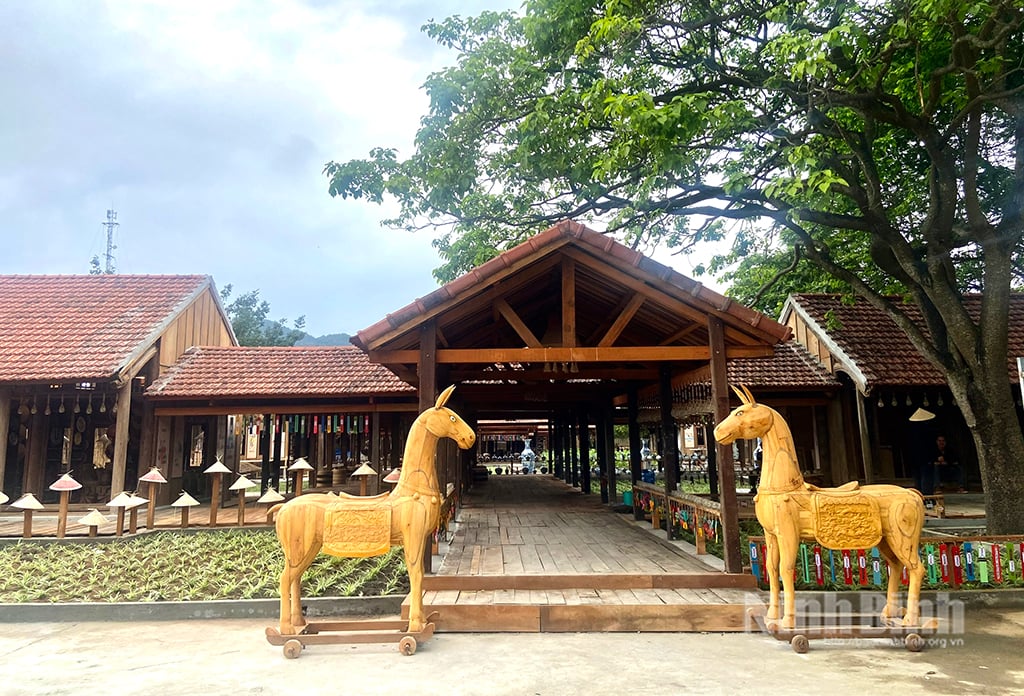



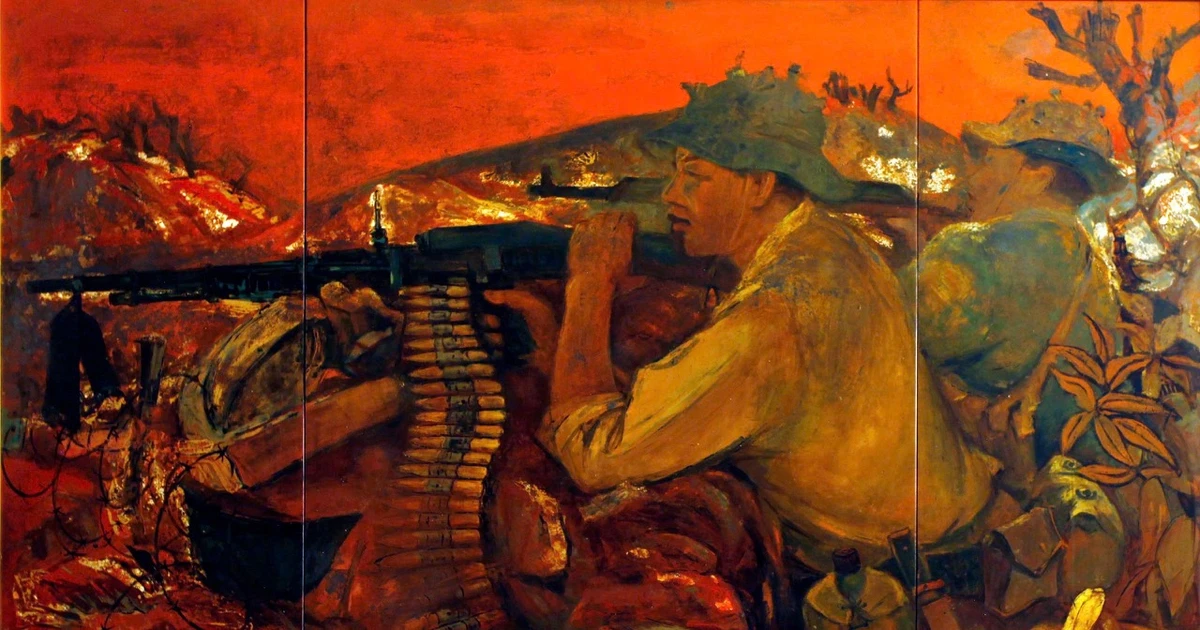




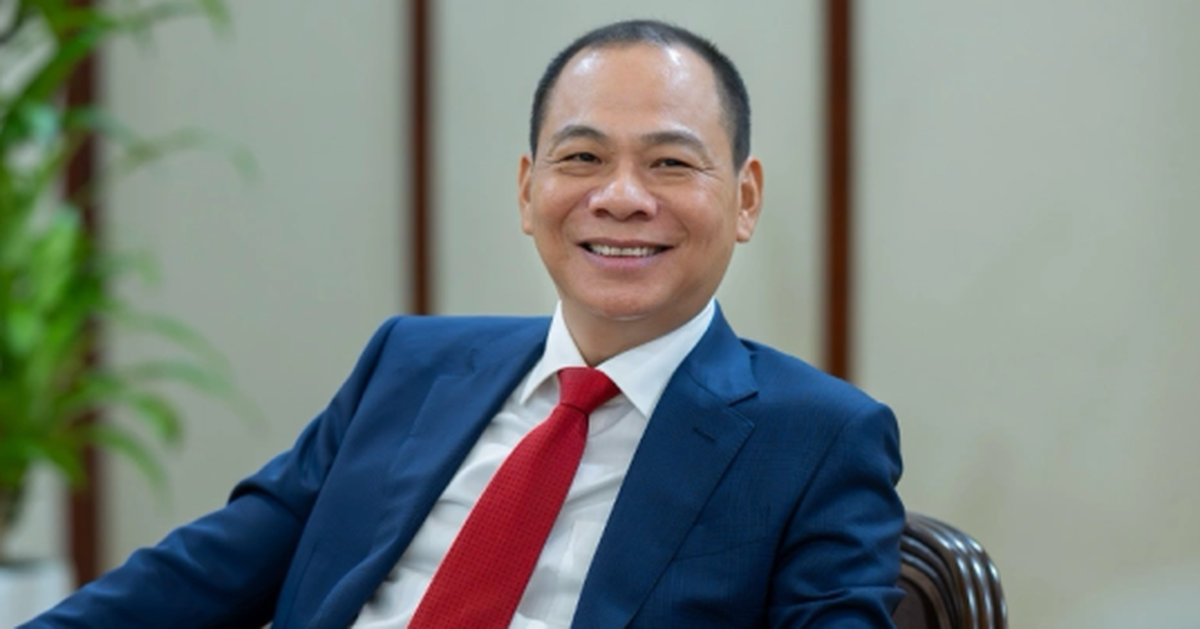
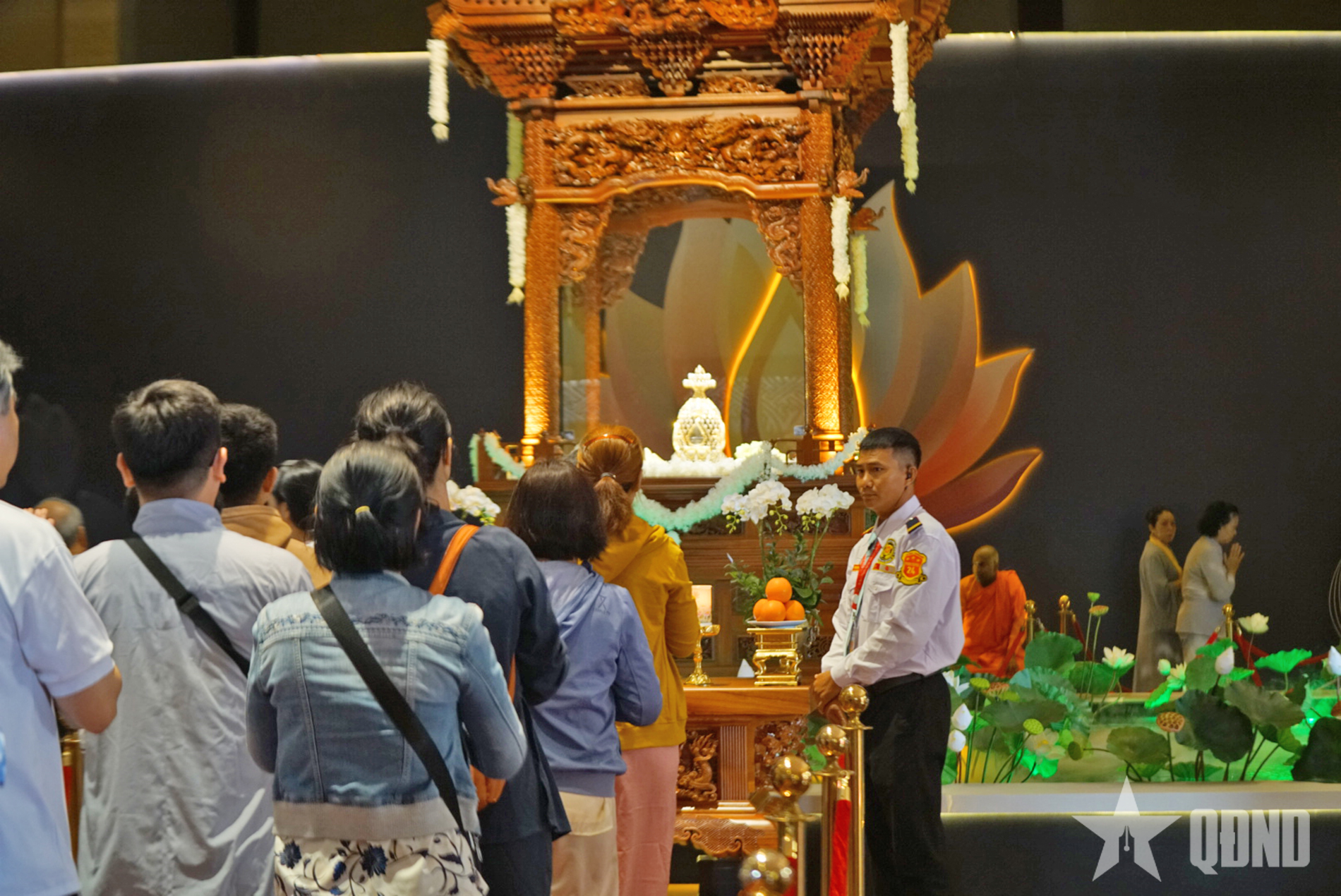

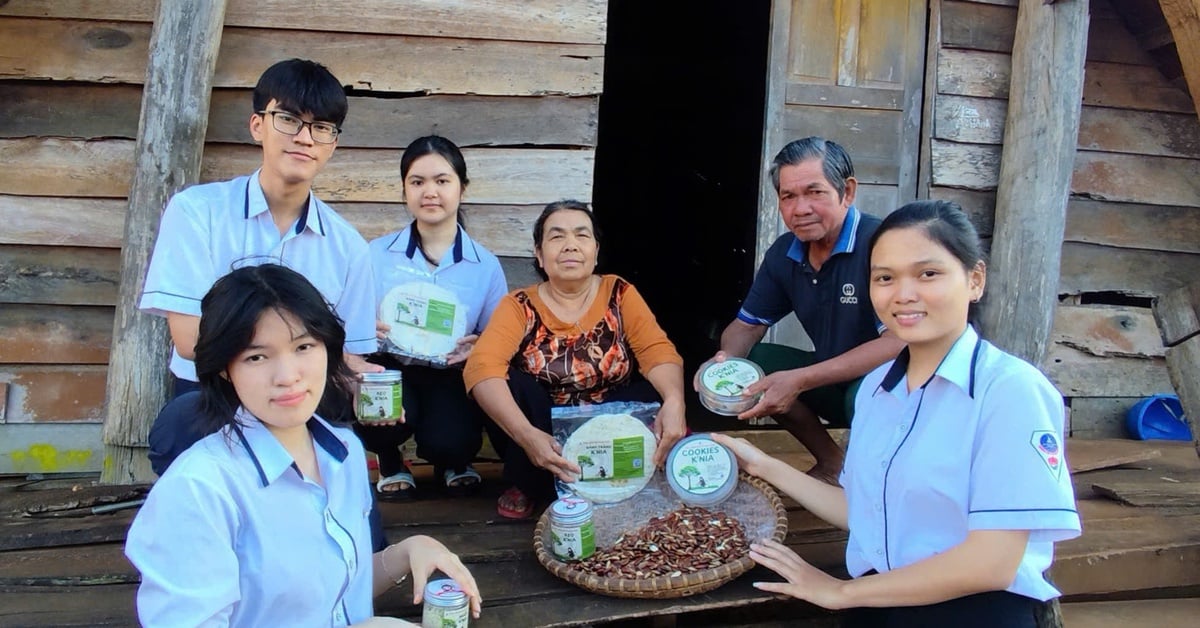


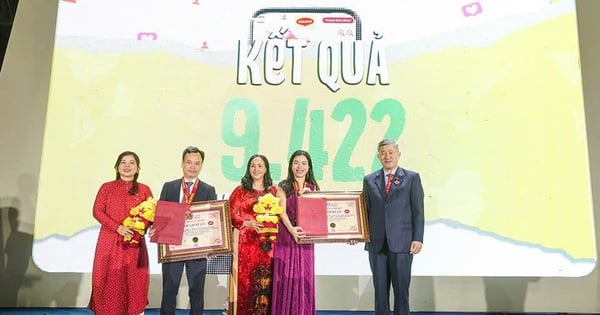

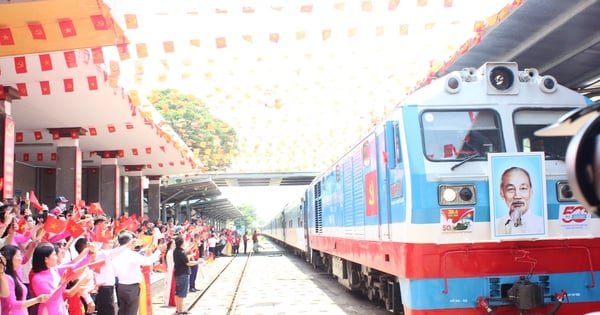
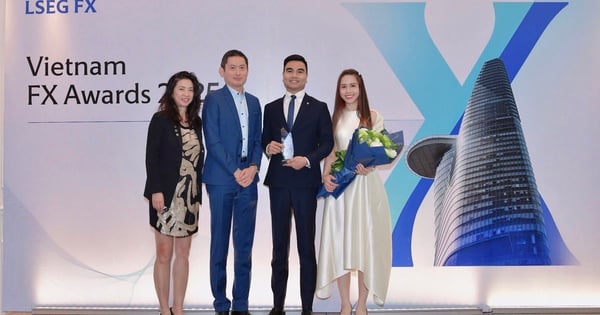

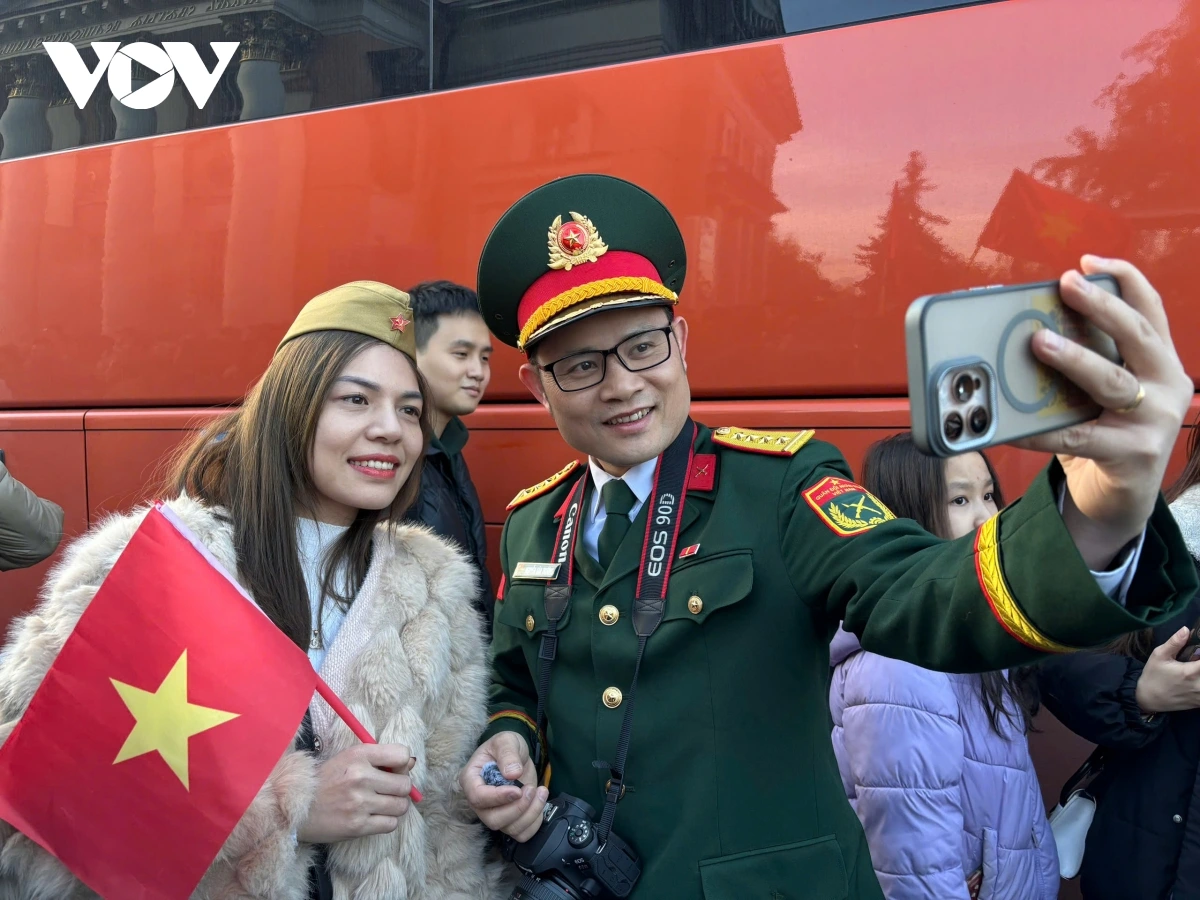


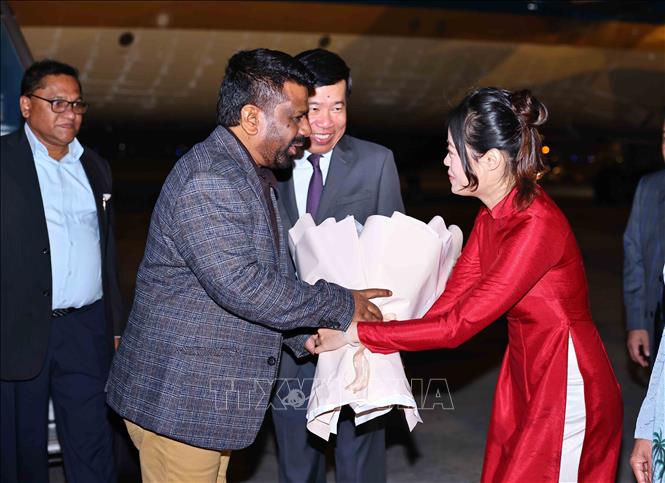

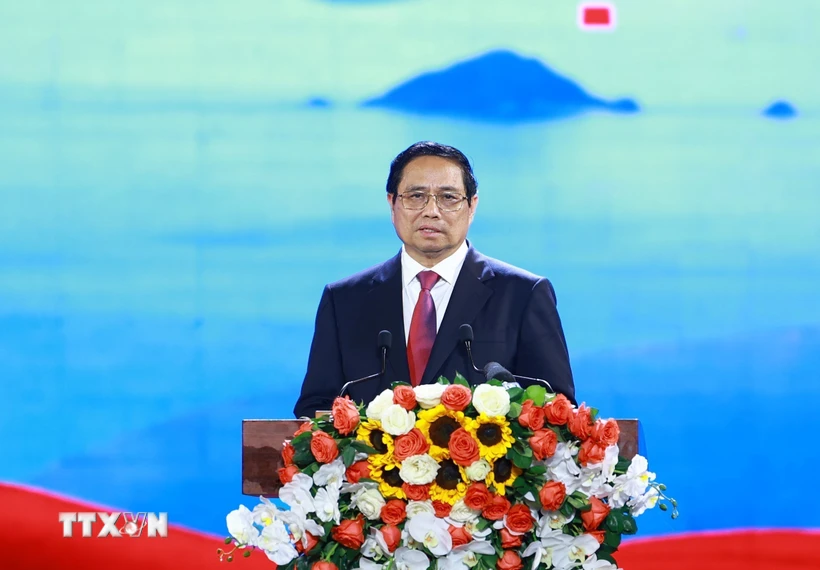
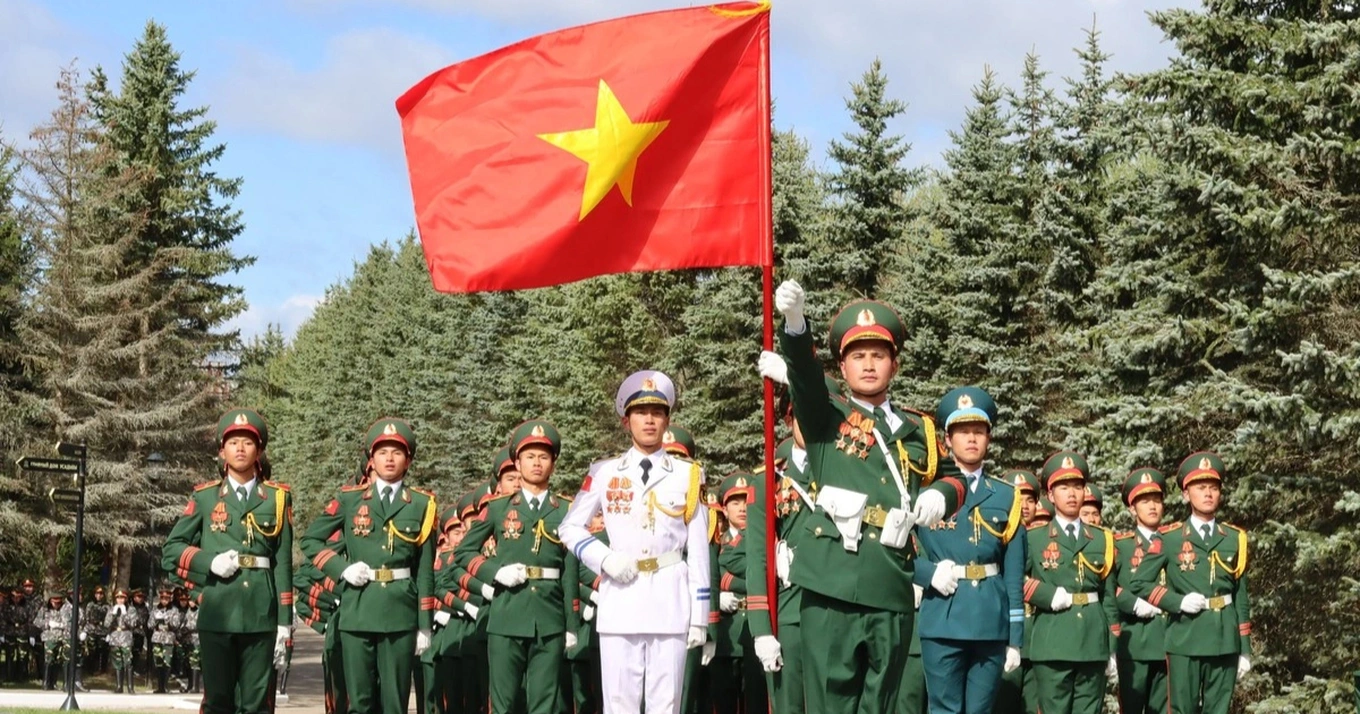
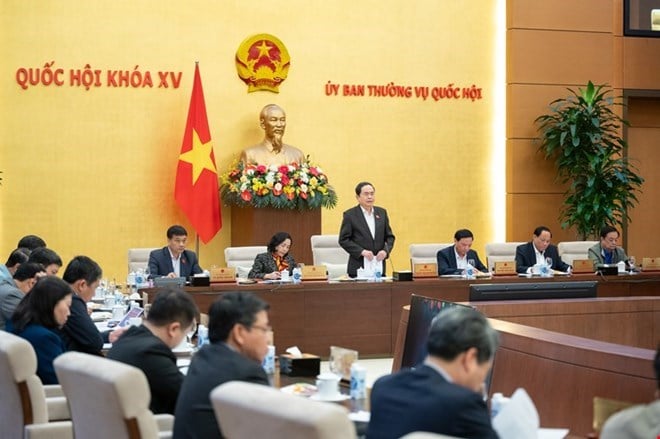






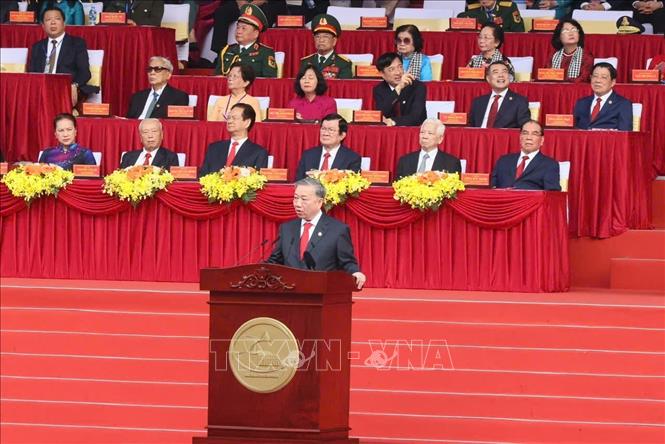


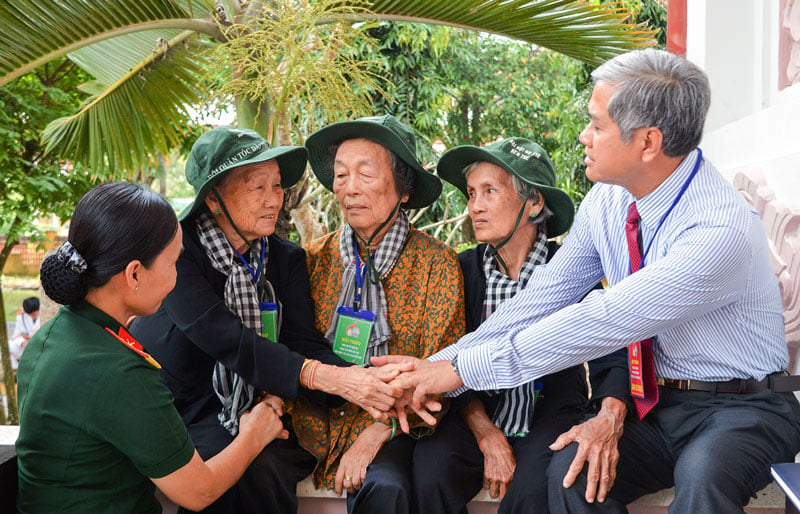

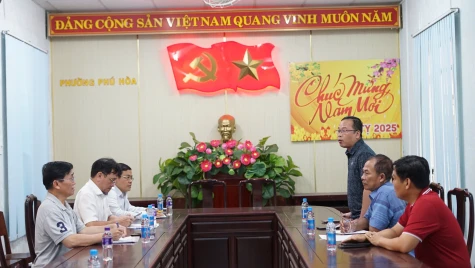

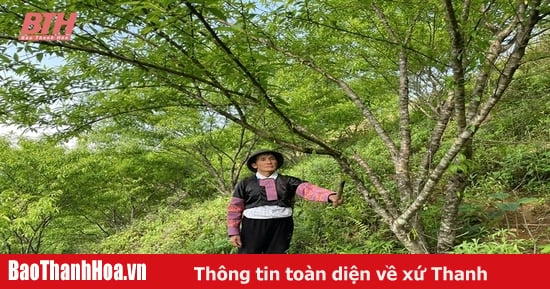

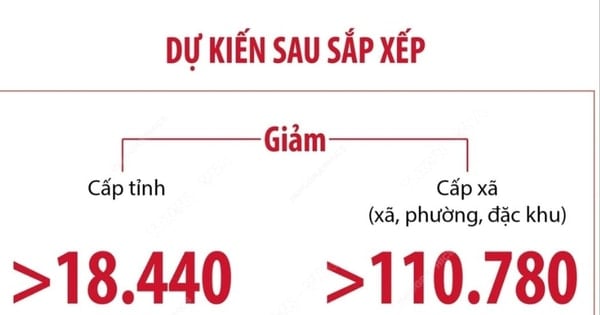




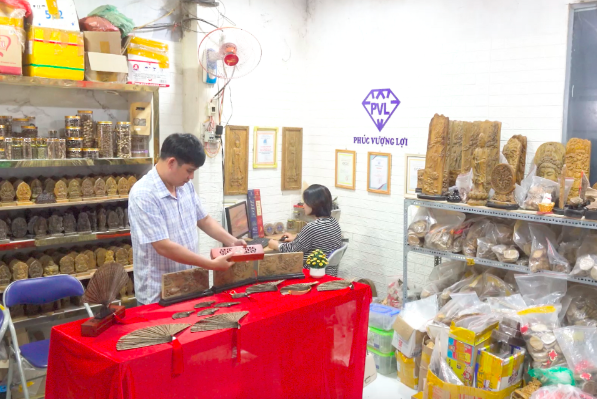



![[Video]. Building OCOP products based on local strengths](https://vstatic.vietnam.vn/vietnam/resource/IMAGE/2025/5/3/61677e8b3a364110b271e7b15ed91b3f)


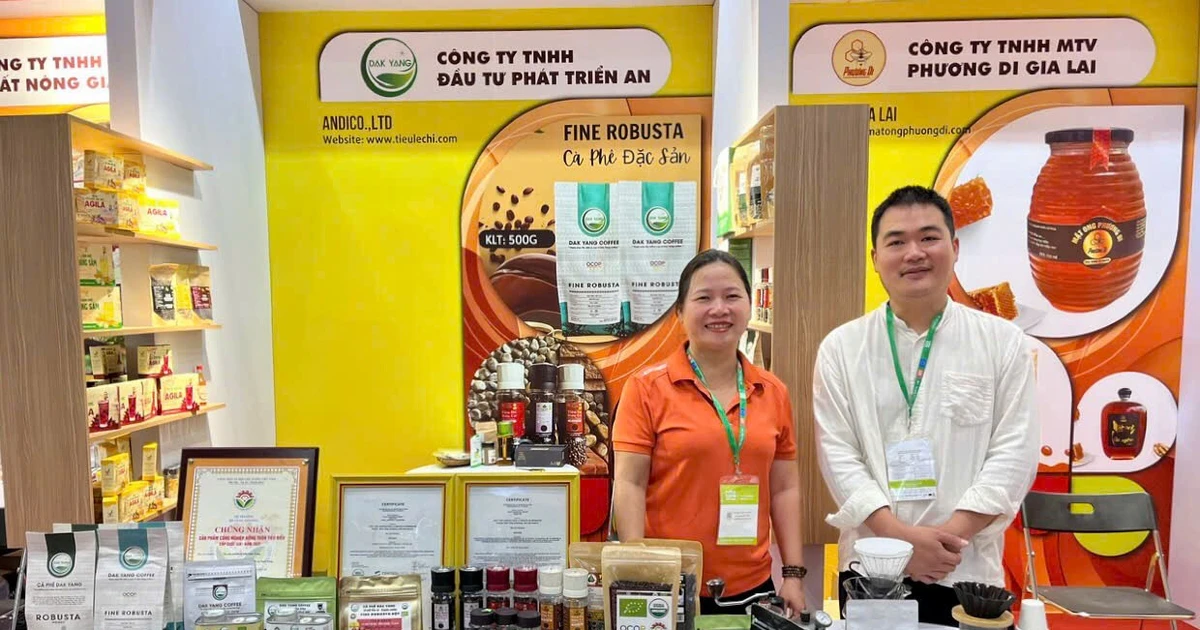

Comment (0)